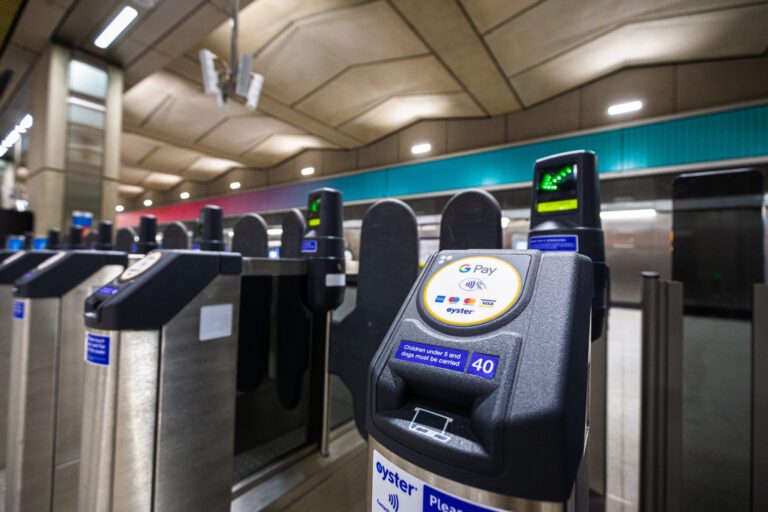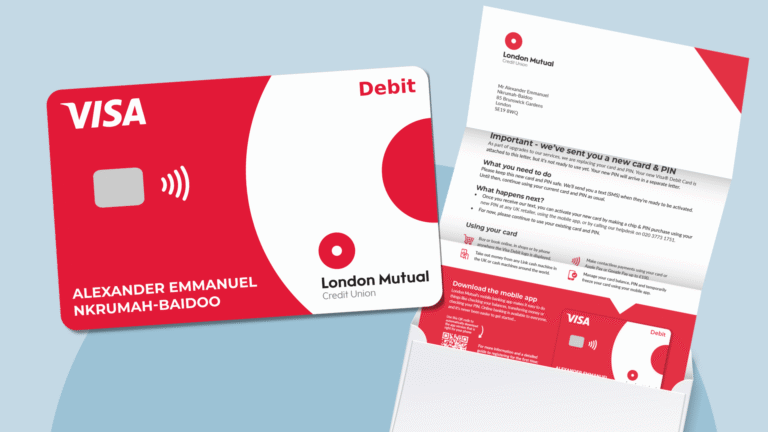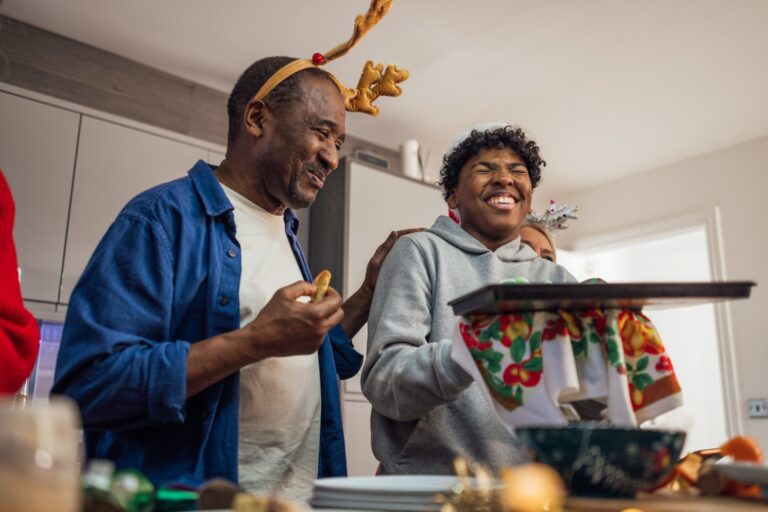As we speak, across Britain, thousands of WhatsApp messages are flying around with the same noble lie: “We’re keeping Christmas low-key this year.” Meanwhile, our online shopping baskets tell a very different story. Perhaps you’ve experienced the subtle competitive gift-giving between siblings, or caught yourself doing that classic mental gymnastics of justifying “just one more” purchase. With all this spending, finding ways of saving money at Christmas can be more important than ever.
And then there’s everyone’s favourite festive tradition: The Great Present Pact. You know how it goes. It starts in September with a well-intentioned group message: “Shall we all agree not to buy for each other this year?” Everyone enthusiastically agrees, relieved to have one less thing to worry about. Fast forward to December, and one person cracks: “I got you a little something – nothing much!” Cue everyone else panic-buying gifts because they “felt bad not getting anything.” By Christmas Day, everyone’s sitting around opening presents they all agreed not to buy, while simultaneously apologising for breaking the pact.
Average Christmas spending in the UK: The real numbers
Let’s talk about real Christmas costs – not to set any expectations, but to understand what different households typically spend. UK Christmas spending surveys suggest households spend anywhere from £660 to £1,150 on Christmas, but these are just averages. Many families create wonderful celebrations for far less, while others might spend more. What matters isn’t hitting a particular number, but finding an approach that works for your circumstances.
Christmas dinner cost breakdown 2024
A traditional Christmas dinner for eight to ten people often costs around:
- Turkey and trimmings: £50-£70 (average cost)
- Sides and vegetables: £30-£40 (typical supermarket prices)
- Desserts: £20-£30 (including Christmas pudding and mince pies)
- Drinks: £50-£60 (festive beverages and wine)
Money-saving tip for Christmas dinner: These are supermarket averages, but there are many ways to reduce these costs. Consider asking guests to bring a dish, shopping at budget supermarkets, or choosing cheaper alternatives to traditional items. A memorable Christmas meal isn’t about spending the most – it’s about sharing food with people you care about.
Christmas gift budget guide
Recent survey figures suggest UK households typically spend:
- Immediate family: £50-£100 per person
- Extended family: £25-£50 each
- Friends and colleagues: £10-£20 per person
Budget-friendly gift ideas: These figures are just averages – not targets. Many families find creative ways to give meaningful gifts on much smaller budgets. Secret Santa arrangements can work brilliantly for extended family groups. Some families have a “kids only” gift policy, or set lower spending limits. Homemade gifts, shared experiences, or thoughtful tokens often mean more than expensive presents.
Christmas decoration costs
Current retail prices for Christmas decorations average:
- Christmas tree: £30-£50 (real) or £50-£100 (artificial)
- Decorations: £25-£50 (including baubles and ornaments)
- Lights: £15-£30 (indoor and outdoor options)
Affordable decoration tips: There’s no need to buy everything at once. Many people build their collection over years, mixing shop-bought items with homemade decorations. Natural decorations like pine cones and winter greenery can create a beautiful festive atmosphere for very little cost.
Signs your budget might need a second look
If you’re wondering whether your Christmas spending plan is realistic, watch out for these red flags:
- You’re relying on credit without a clear plan to pay it off
- The thought of your Christmas spending is causing anxiety
- You’re planning to spend more than you can comfortably afford
- You find yourself hiding purchases or receipts from family members
Making your budget work smarter
- Start With What You Have
Begin with what you can realistically afford, not what you think you “should” spend. Christmas shouldn’t leave you struggling in January. - Break Down Your Budget
Whatever your budget, breaking it down helps keep spending on track:
- Food and drink
- Gifts
- Decorations
- Entertainment
- Travel
- A small buffer for unexpected costs
Remember this
The most memorable Christmases rarely have anything to do with how much was spent. Some of the most special celebrations happen on minimal budgets, while expensive gifts don’t guarantee a happy Christmas. What matters is spending time with people you care about, in whatever way works for you and your circumstances.
If you’re feeling pressured to spend more than you can afford, remember that you’re not alone, and it’s okay to set boundaries. Many people are choosing to scale back Christmas spending, focusing instead on what really matters to them.
A final thought: If anyone suggests a “no presents pact” this year… well, at least now you know how that’s likely to end. But maybe this is the year we all actually stick to it?






